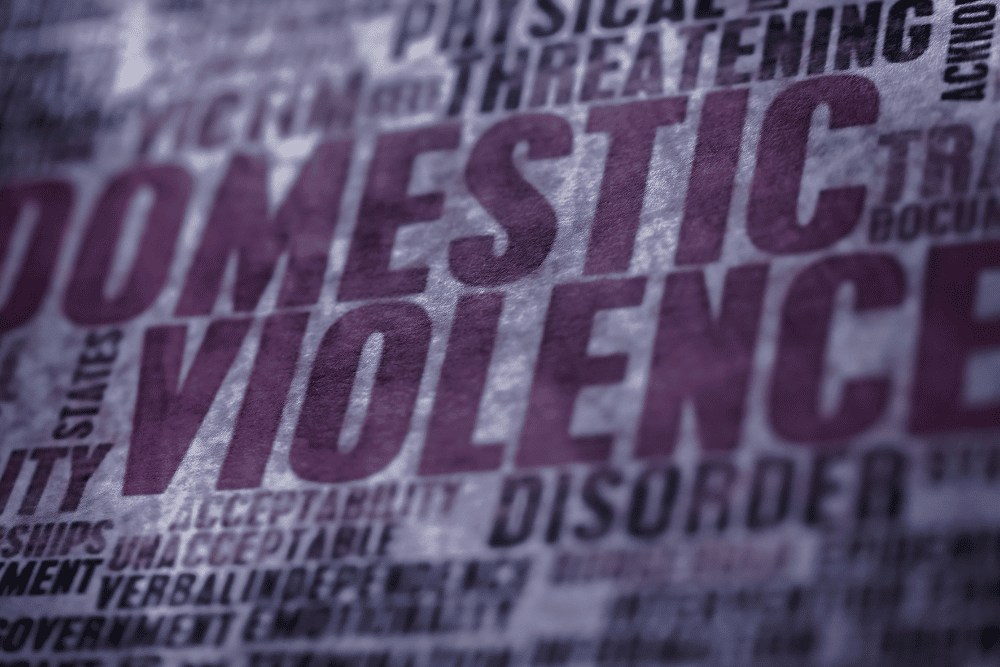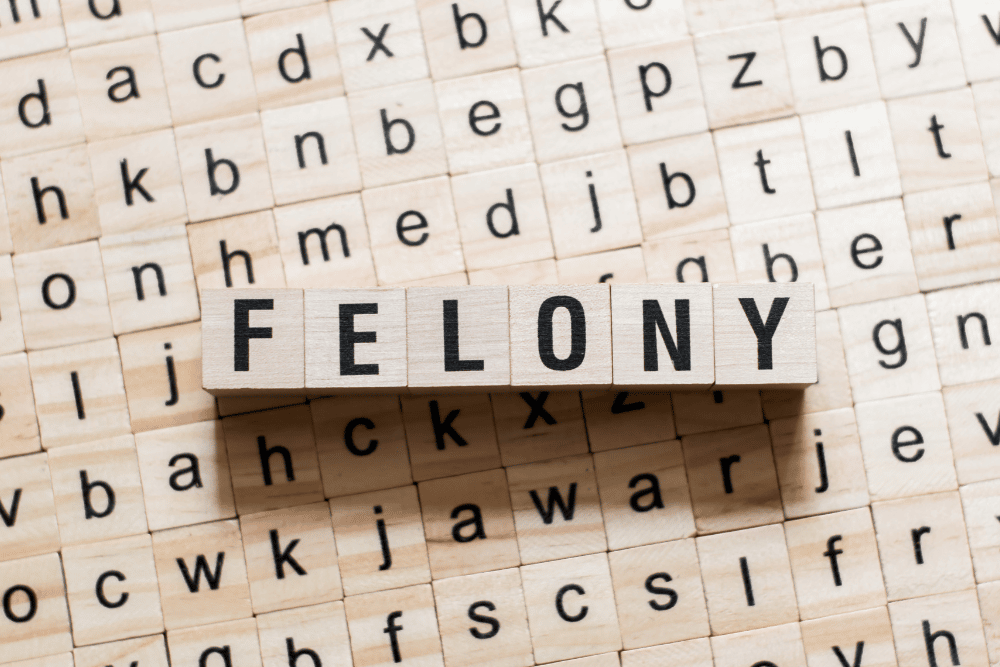Domestic violence is a severe issue in Minnesota, and the state takes a tough stance on such offenses. Domestic violence charges can be either a misdemeanor or a felony, depending on the severity of the offense.
In this blog post, we will explore what makes a Minnesota domestic violence charge a felony.
Under Minnesota law, domestic violence is defined as any physical harm or threat of physical harm committed against a family or household member. This can include current or former spouses, cohabitants, parents, children, and siblings. Domestic violence can also involve stalking, harassment, or interference with a person’s liberty.
What Factors Determine if Domestic Violence is a Misdemeanor or a Felony?
Domestic violence charges can be classified as either a misdemeanor or a felony, depending on several factors. Here are several of the most critical factors that can lead to a felony charge:
- Prior convictions for domestic violence. If a person has a prior conviction for domestic violence within the past ten years, any subsequent domestic violence charge will automatically be classified as a felony. This means that even if the second offense is typically a misdemeanor, it will be charged as a felony if the person has a prior conviction.
- Serious bodily harm. If the victim suffers serious bodily harm due to domestic violence, the charge will likely be a felony. Serious bodily harm is an injury that creates a substantial risk of death, causes severe permanent disfigurement, or causes a permanent or protracted loss or impairment of any bodily function or organ.
- Use of a weapon. If the domestic violence involves the use of a weapon, the charge will likely be a felony. A weapon can include anything from a firearm to a knife to a baseball bat. Even if the weapon is not used actually to harm the victim, its presence can elevate the charge to a felony.
- Strangulation. If the domestic violence involves strangulation or suffocation, the charge will likely be a felony. This is because strangulation is a particularly dangerous form of physical harm that can cause severe injury or death.
- Violation of a restraining order. If the domestic violence involves a violation of a restraining order, the charge will likely be a felony. Restraining orders are designed to protect victims of domestic violence, and violating them is a severe offense.
- Child present. If a child is present during the domestic violence, the charge will likely be a felony. This is because domestic violence in the presence of a child can cause lasting emotional harm to the child.
In addition to these factors, the severity and duration of the domestic violence can also play a role in determining whether the charge is a misdemeanor or a felony. If the violence is ongoing or if the victim suffers multiple injuries over a period of time, the charge may be elevated to a felony.
Domestic Violence Is a Serious Offense in Minnesota
It is important to note that Minnesota takes domestic violence very seriously, and prosecutors will often seek the maximum penalties in these cases. If you are facing a domestic violence charge in Minnesota, it is essential to work with an experienced criminal defense attorney who can help protect your rights and fight for the best possible outcome in your case.
A Minnesota domestic violence charge can be classified as a felony if the offense involves prior convictions for domestic violence, serious bodily harm, use of a weapon, strangulation, violation of a restraining order, or a child present during the violence.
About the Author:
Christopher Keyser is an AV-Preeminent rated criminal and DWI defense attorney based in Minneapolis who is known for fighting aggressively for his clients and utilizing innovative tactics to get the most positive results. He has been featured in numerous media outlets due to the breadth and depth of his knowledge and has been named a Certified Specialist in Criminal Law by the Minnesota Bar Association. Mr. Keyser is Lead Counsel rated, and he has received recognition for his criminal law work from Avvo, Expertise, Super Lawyers, The National Trial Lawyers, and more.







